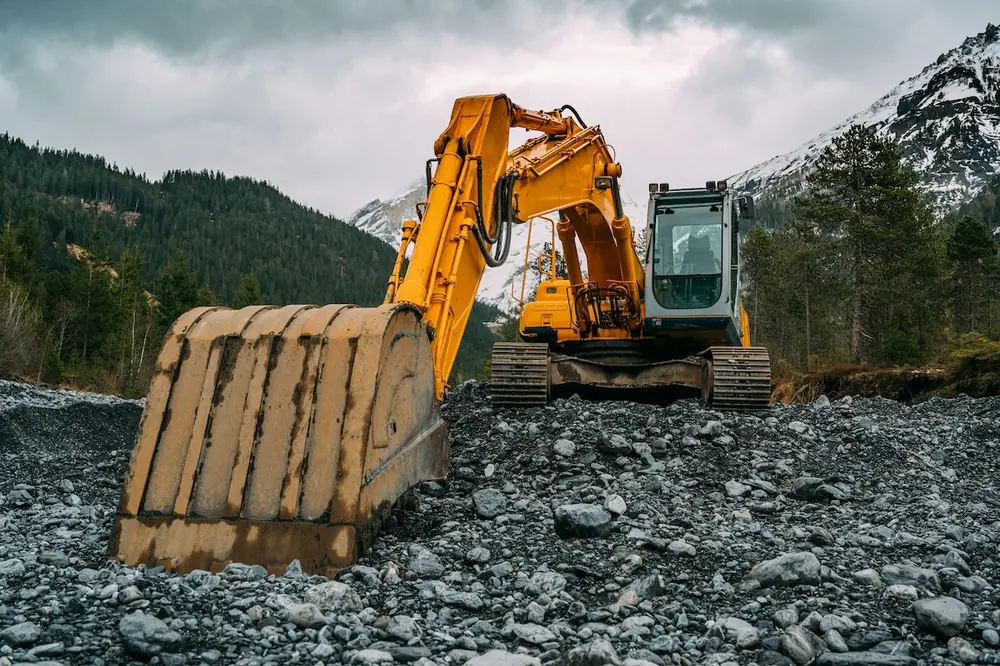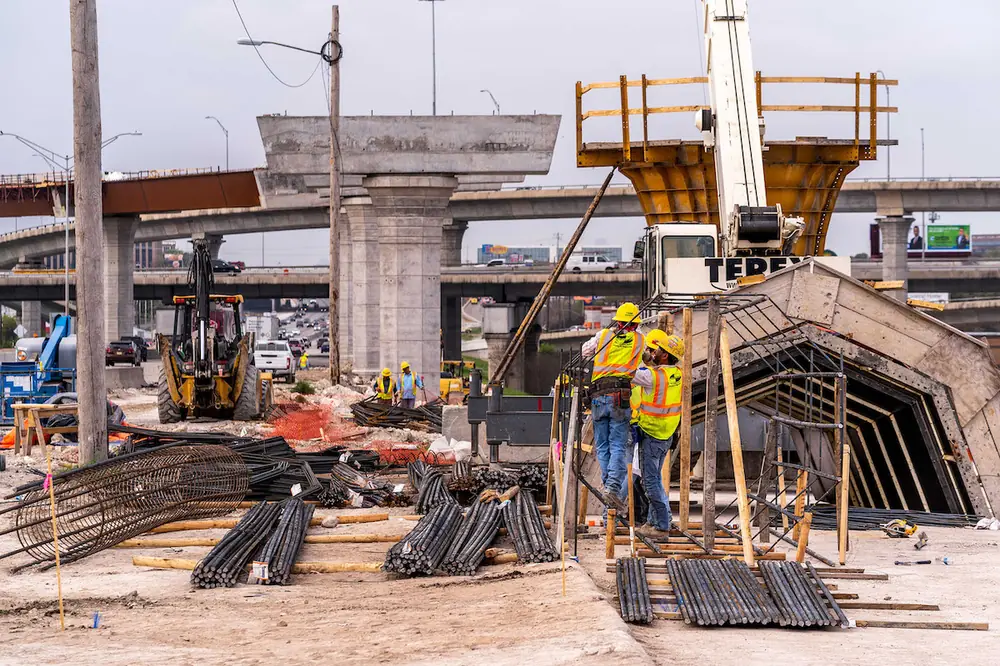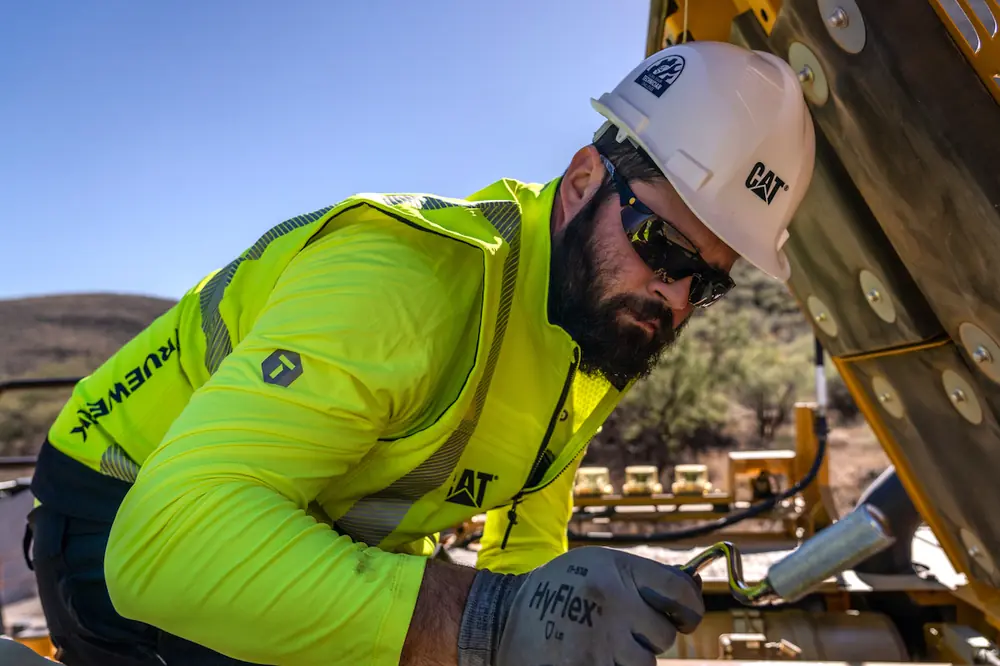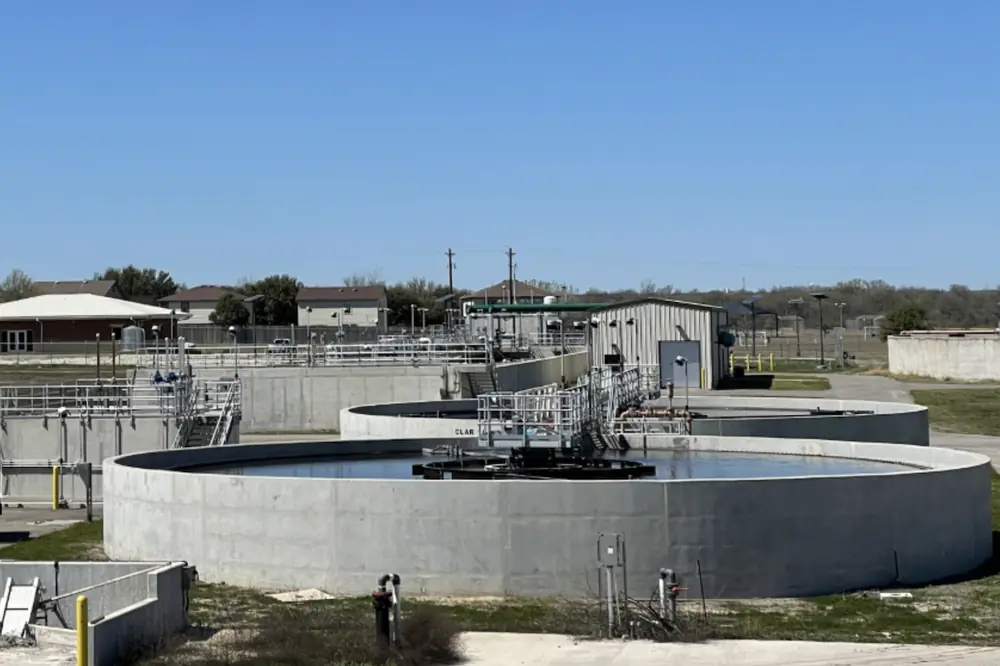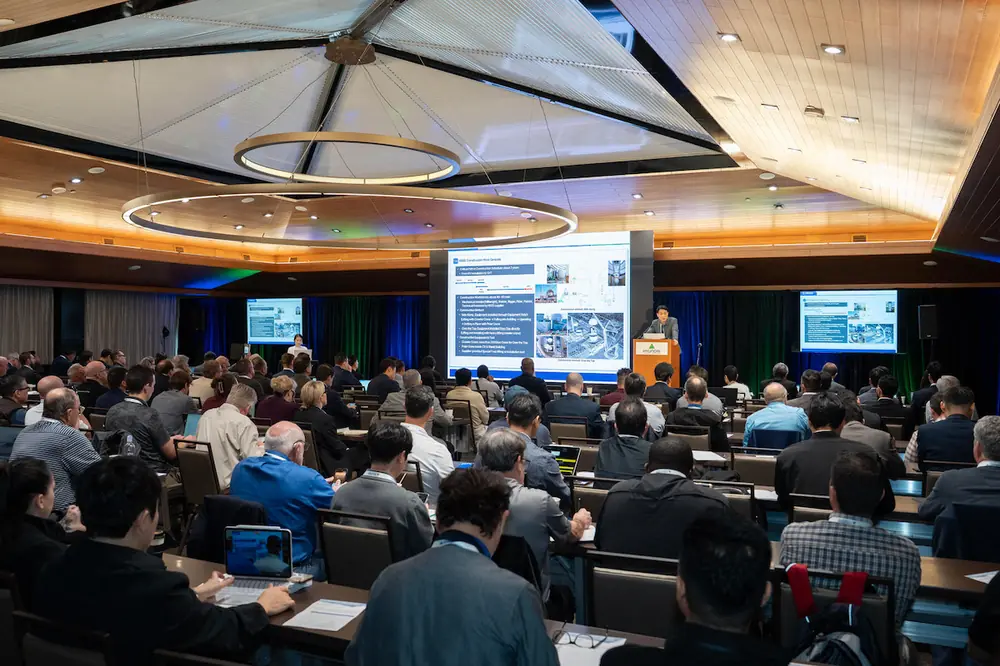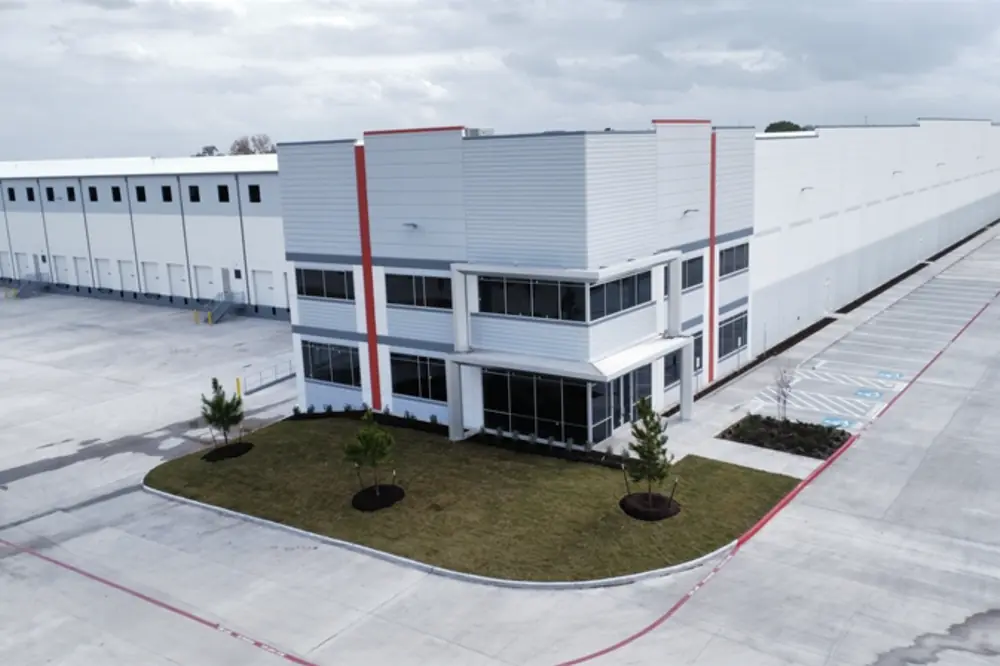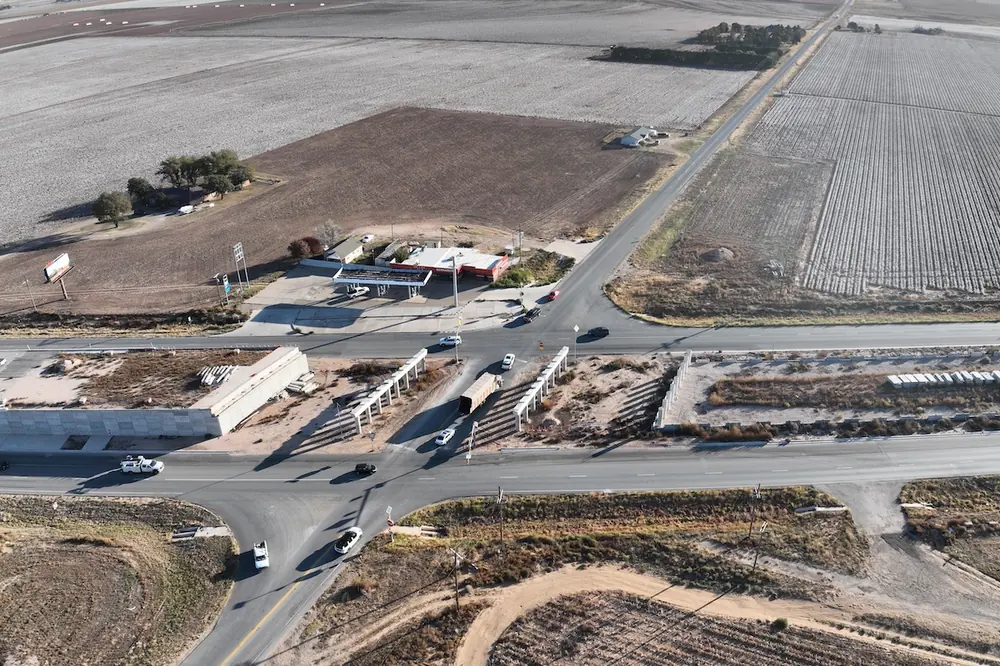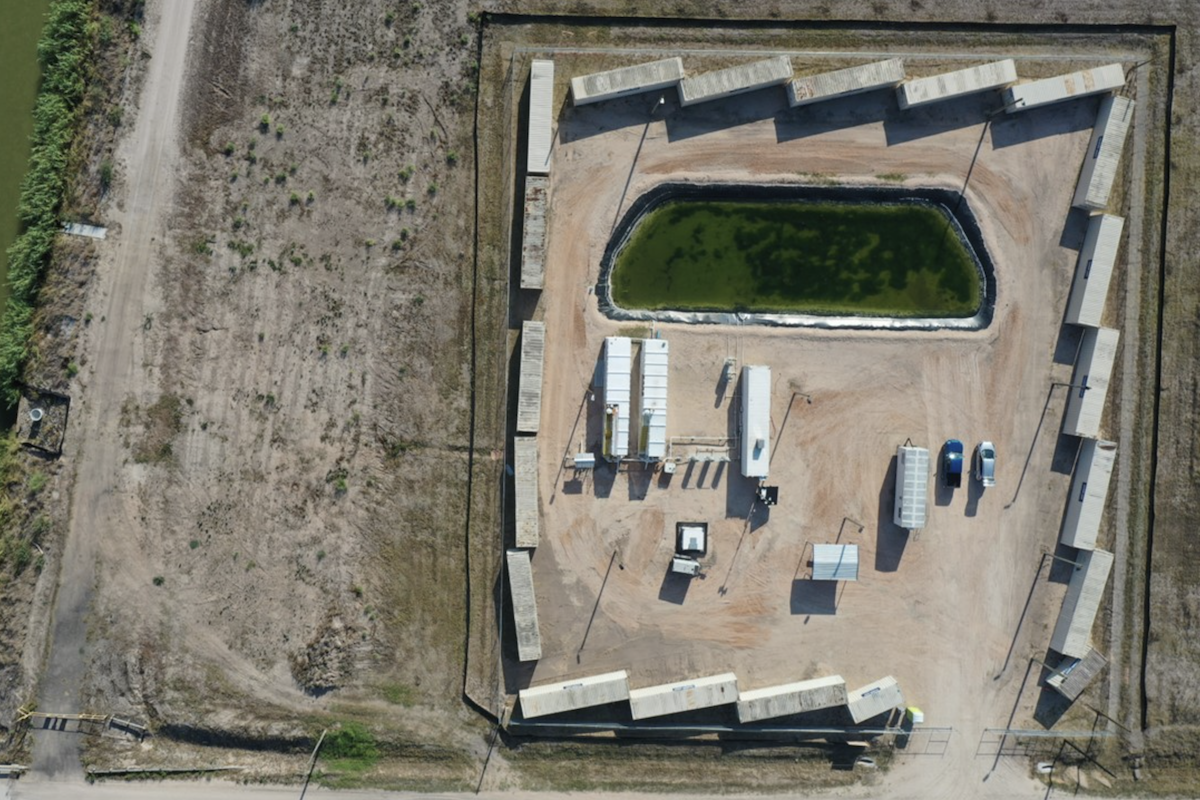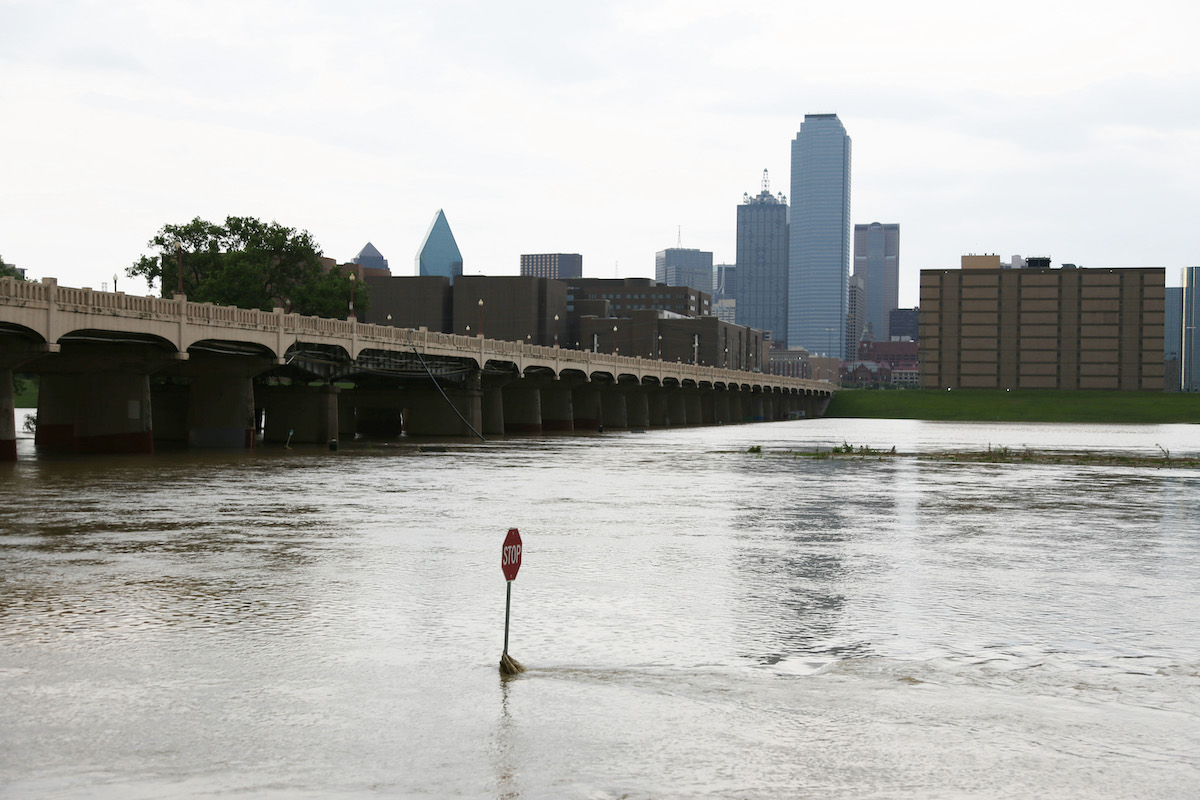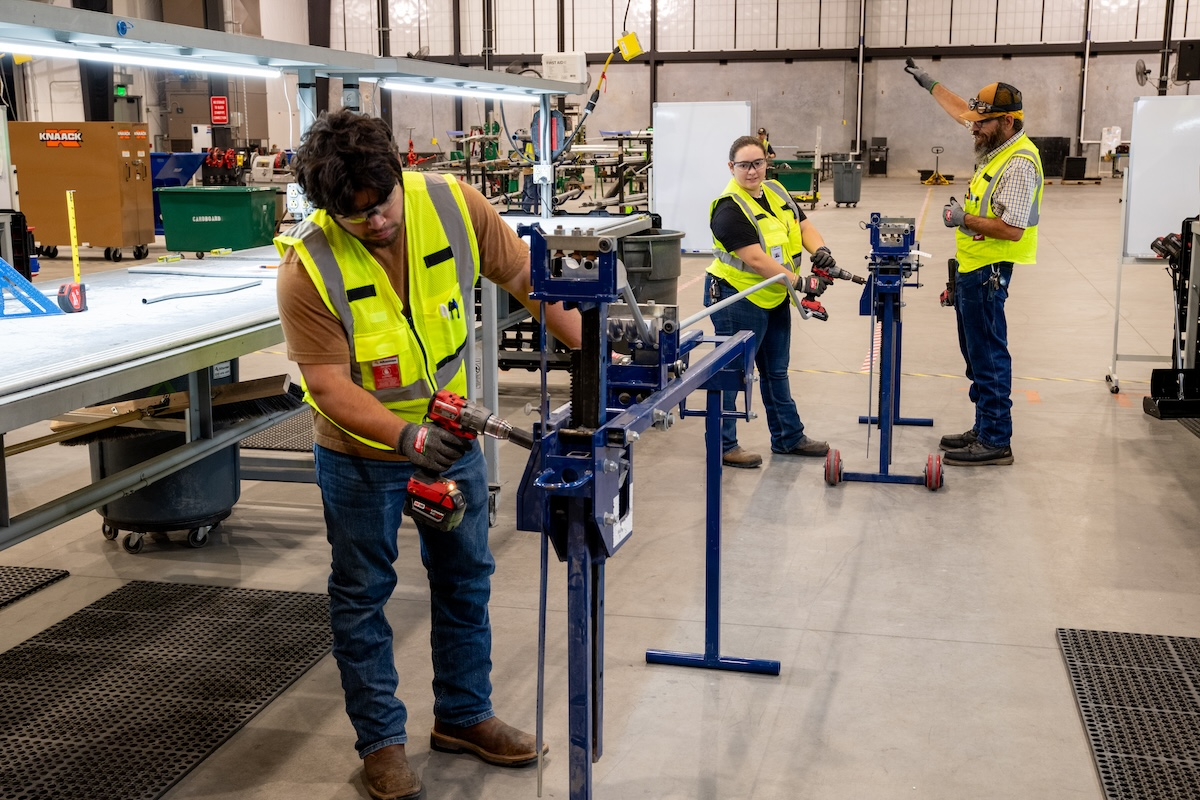I’ve addressed price escalation clauses in this column last year. However, many projects upon which contractors bid contain contracts that are not subject to negotiation. Public entities often publish contracts without price escalation clauses. The absence of these clauses often means contractors seeking relief from time and price pressures due to the pandemic seek relief through other contract clauses.
Without a price escalation clause, contractors must look to other clauses in the contract for relief. The first item to evaluate is whether the contract has a no damages for delay clause. If not, then a price adjustment would be allowed but it must still be justified.
The most frequently cited clause for that justification recently, in my experience, is the force majeure clause. Many claims have sought price and time increases through this clause because of the pandemic.
In most contracts, force majeure events include fire, floods, epidemics, pandemics, abnormal weather conditions, riots, labor strikes, or Acts of God. The challenge for contractors relying on force majeure as a justification for adjustments to the contract price or contract time lies primarily in timing. Without question, contracts signed before March 2020 would not have anticipated the start of the pandemic. Accordingly, claims relating to COVID for those contracts would qualify for relief through force majeure because the pandemic was unforeseen at the time the contract was executed.

| Your local Magni dealer |
|---|
| Kirby-Smith Machinery |
That relief and the probability of a favorable outcome diminishes for contracts signed after March 2020. Bear in mind that the question of foreseeability as it relates to force majeure does not have an easy answer. If a contract was awarded in the summer of 2020, one might successfully argue that the impact to pricing based on market factors remained unforeseeable until the fall/winter of 2020. But in the summer of 2020, impacts to production and efficiency might have been foreseeable with the number of laborers who were forced to quarantine. As such, the nature of the claim – whether for time, money, or both – might determine the applicability of force majeure.
In today’s world, having lived through the pandemic for 22 months, I would not expect a successful claim based on an assertion that impacts from the pandemic were unforeseeable. The risk of delay and price escalation due to pandemic related economic forces is a foreseeable event. Under the law, foreseeability is determined based on the reasonable probability of an outcome, not certainty of that outcome. Given the steady and significant rise of material prices along with the manufacturing and shipping delays the industry has experienced this year, foreseeability exists.
One benefit to many civil contractors is the absence of the unforeseeability requirement in the standard language of the EJCDC’s C-700 Contract General Conditions. While many manuscript or edited versions of contracts include the events giving rise to delay be unusual or unforeseeable, with respect to an epidemic, the EJCDC does not require unforeseeability. However, the clauses dealing with these events only award contract time. The exclusion of contract price increases remains problematic for contractors.
The EJCDC language is below. And while it is somewhat favorable, in order to expressly allow adjustments due to pandemic related market factors, language must be added. Section 12.03 of the EJCDC C-700 reads as follows:
“A. Where Contractor is prevented from completing any part of the Work within the Contract Times due to delay beyond the control of Contractor, the Contract Times will be extended in an amount equal to the time lost due to such delay if a Claim is made therefor as provided in Paragraph 12.02.A. Delays beyond the control of Contractor shall include, but not be limited to, acts or neglect by Owner, acts or neglect of utility owners or other contractors performing other work as contemplated by Article 7, fires, floods, epidemics, abnormal weather conditions, or acts of God.”

| Your local Wirtgen America dealer |
|---|
| Kirby-Smith Machinery |
| Nueces Power Equipment |
| Kirby-Smith Machinery |
| Nueces Power Equipment |
Section 12.03 goes on to read:
“C. If Contractor is delayed in the performance or progress of the Work by fire, flood, epidemic, abnormal weather conditions, acts of God, acts or failures to act of utility owners not under the control of Owner, or other causes not the fault of and beyond control of Owner and Contractor, then Contractor shall be entitled to an equitable adjustment in Contract Times, if such adjustment is essential to Contractor’s ability to complete the Work within the Contract Times. Such an adjustment shall be Contractor’s sole and exclusive remedy for the delays described in this Paragraph 12.03.C.”
Depending on the type and language of the contract one is asked to sign in a request for bids or proposals, contractors can protect their bottom line by either noting the availability of a price increase upon market changes prior to bidding or increase contingencies in the bid to account for continued escalation.
Another potentially impactful approach would be to engage in pre-bid conversations with the owner about then present market trends and request availability of price adjustment language be added by addendum to the contract documents. On lengthy projects where pricing may fluctuate and availability may be inconsistent, permissive establishment of a contractor’s contingency in the schedule of values may also be an attractive solution to a pandemic driven problem. The contingency can revert to the owner following completion which would serve to protect the owner’s financial interests and obligations while also protecting the contractor from losses while preserving competitive ability in bidding work.
In sum, because the pandemic has created unique challenges in the industry, contractors seeking to manage risk must approach their contracts from a different angle than traditionally taken. Evaluating the availability of damages for delay, time extensions due to pandemic related impacts, and creative solutions designed to benefit the project may help mitigate these risks.

| Your local Gomaco dealer |
|---|
| Closner Equipment Co Inc |
| Closner Equipment Co Inc |



